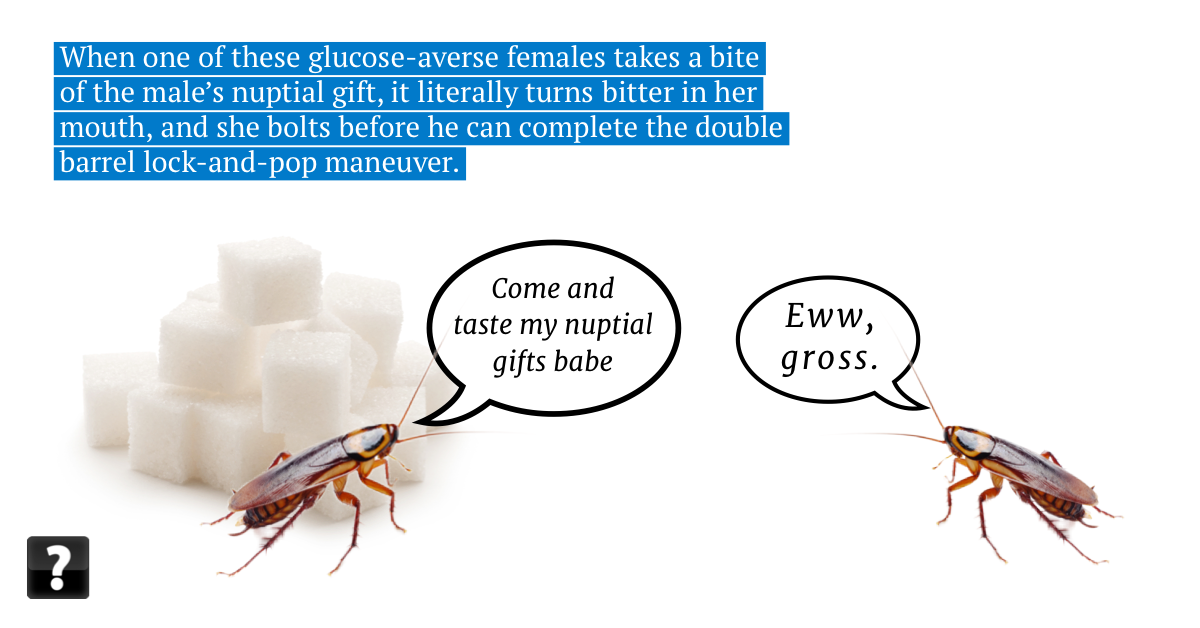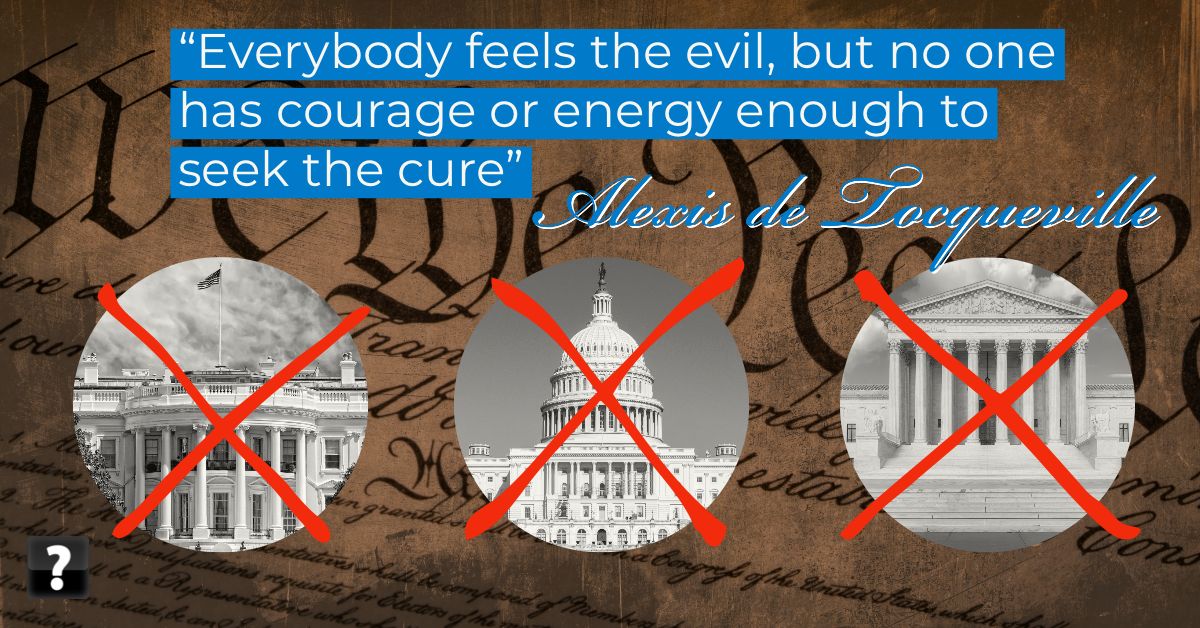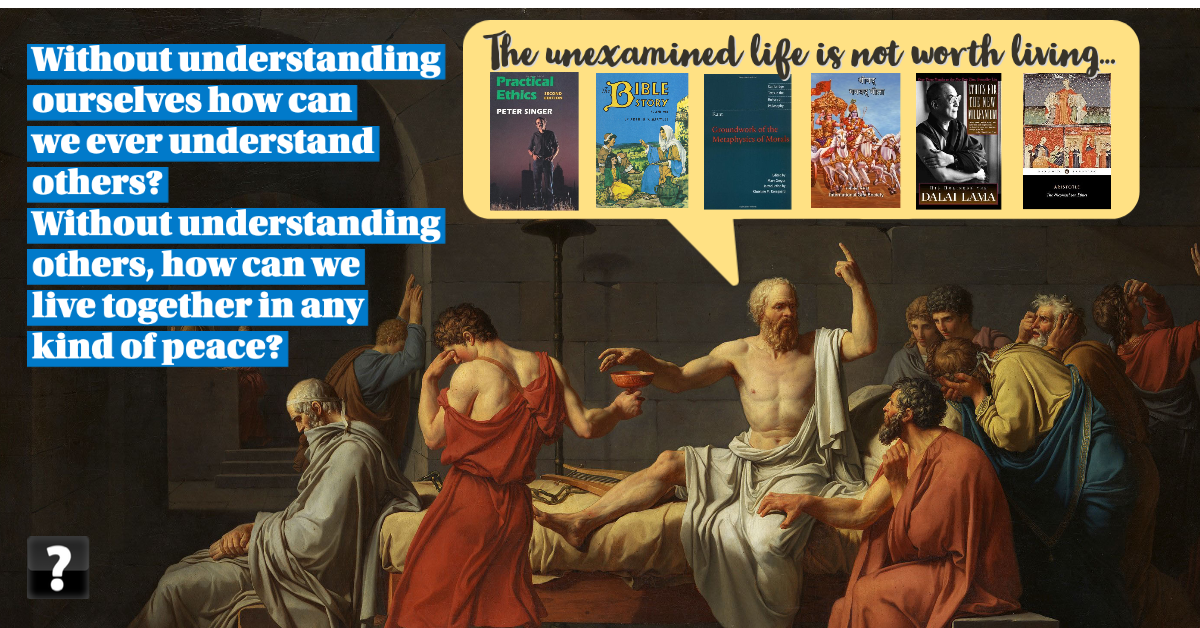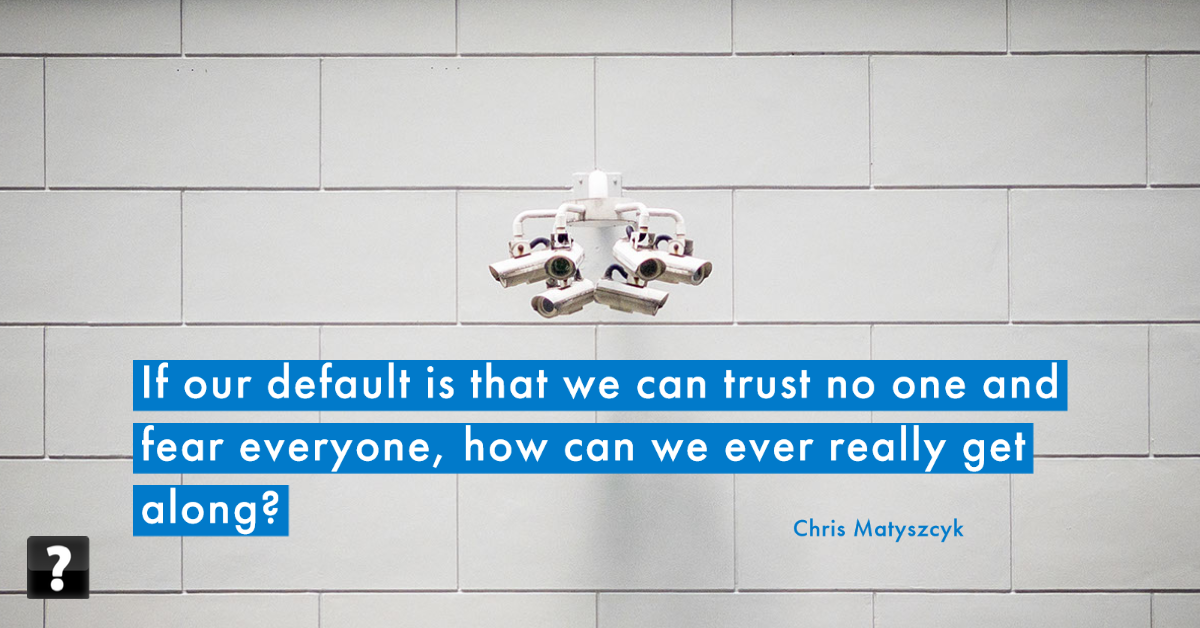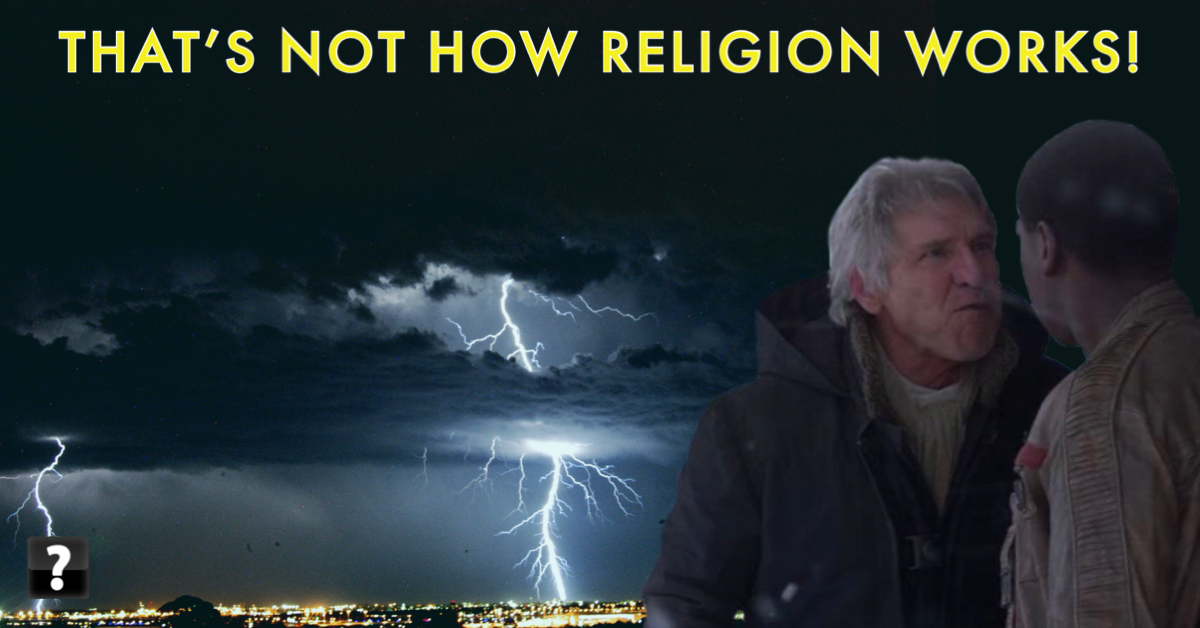I’m an atheist … [t]his means I follow a well-thought moral code religiously, because it is very personal and meaningful to me—having deeply understood why I follow it; not because someone wearing a robe told me I should.
Tom Murphy, in Human Exceptionalism [ucsd.edu], posted on Do the Math
I too am and atheist, and I too follow a moral code that, I think, is well through out. I think most people don’t take the time to think about, to examine what they think is fundamentally important, what is right and wrong and why they make decisions the way they do. What are the axioms of their beliefs? Where did those axioms come from and do they think those axioms are the right ones? Most importantly, are they actually following them in their personal and political life?
At it’s core it’s an old idea, going back to Socrates; the unexamined life is not worth living
[wikipedia.org]. There is a lot of Kant [wikipedia.org] and Singer [wikipedia.org] in my answers to those questions (it’s telling that I have posted about two books by Singer here on Confusion; Practical Ethics [confusion.cc] and Animal Liberation [confusion.cc]) and a bit of the Dalai Lama [wikipedia.org].
I don’t think people necessarily need to read famous philosophers to examine their moral code, but I do think that exposure to different thoughts is a good way to understand your own moral compass and to help you think about it. I think studying and reading western ethics was important for me, but it was equally important studying eastern religions and philosophy. If you only know one line of moral thinking then how can you evaluate it what can you compare it to? The most important bit is the Socratic method, having someone to challenge you and just ask the right questions to help guide you.
I grow up in “middle America”, meaning a predominantly white, Anglo Saxon, Protestant America where the common moral framework was a Christian one informed by a Protestant work ethic and ideals of independence and self-reliance. Despite growing up in that environment I’ve always been an atheist, I never attended church or any other religious institution. Neither of my parents were church going having stopped attending church when they were young; my grandparents on both sides had fallen out with their churches over something and they stopped attending church.
My first introductions, at least that I can remember, to anything specifically religious were both in school; in the 4th grade Ms. Ackerman taught us about Chanukah, I learned what a dreidel was, though there was no moral or ethical teaching, only a high level “its a holiday of the Jewish faith” and some basic info on the menorah, traditional foods and games. My first insight into a larger world of religion.
Then, in the 5th grade, Ms. Venning started the day (actually I can’t remember if it was daily or weekly) with reading from The Bible Story [wikipedia.org] books. I think she was reading stories from Genesis, I vaguely remember she read about Noah and the flood. But very quickly some parent must have complained and she had to stop. I remember her siting in front of the the class and explaining why she had to stop. That people had different religions and that since the Bible was part of a specific religion it was not supposed to be taught in school, that was for church. My first introduction to separation of church and state. I can’t imagine how this whole thing would go down today…
So no strong religious background, no preachers telling me what morals were. I guess I learned from imitating my parents and TV. I never though about it. Of course you don’t have to make many moral judgements as a kid. There was no discussion about the morals or ethics of things. The one thing that might have been a place for a discussion was during the first Iraq war – Desert Shield and Desert Storm. War should be a place to discuss morals and ethics, but I don’t think it came up. Too busy dealing with the fact of my mother being recalled to active Naval duty and therefore being away from home for almost a year. And also getting caught up in the patriotism to some degree, you could not escape Lee Greenwood’s “God Bless the USA” and yellow ribbons on cars and lapels.
My real journey of self-examination started, like I think many people’s does, in college. I started to learn about ethics and morals in two classes in my freshman year; introduction to philosophy an a survey of eastern religions. Those classes gave me some background and information but self-examination and an understanding of morals started specifically in another class and because of one teacher.
The teacher was Marietta McCarty [mariettamccarty.com] at the local community collage. I took her class because it was highly recommended by two of my best friends at the time who were older, J███ and D██ of fish store fame. I was working at the fish store with J███ and D██ was a frequent visitor/customer. Even beyond class Marietta became a key presence in our circle of friends; dinners and scrabble at her house were a thing. We named the corner of the store where an old coffee table, chair and sofa were set up the “philosophy corner” and we had many a discussion with and without Marietta about ethics and morals and other philosophical topics, along side a lot of nonsense that a bunch of young guys talk about too.
It was because of Marietta’s class that I read Practical Ethics, [confusion.cc] for the first time and then Animal liberation [confusion.cc]. In class but more often over hearty dinners, or a game of scrabble, and in the philosophy corner on slow days we discussed moral and ethical dilemmas; racism, and speciesism; the death penalty and inequality; euthanasia, abortion and gun control.
Hard questions were asked and debated; do you believe in the sanctity of human life? What about life in general? Why should human life be precious? Is it because God said so? How do you assign a value to a life? Is your family more important than strangers? Does age make a difference —is a child’s life more important than an old person? Why?
Is war every justifiable? When? Is patriotism any batter than racism?
Is being rich moral? How much better off than others do you have to be for it to be a moral sin to not donate money and time to helping others? Is capitalism and spending morally defensible while hunger and poverty persists in the world?
How can you be pro-life and pro-death penalty? If you have enough money to meet your needs and those of your family do you have a moral duty to volunteer your time or donate your excess wealth to charities helping those less fortunate than you?
I spent a lot of time thinking about these and debating different answers with my friends. Later when I was full time in George Mason I continued the discussions with new friends. And again while in London.
After college it was harder. People were less interested in hard discussions about morals or ethics; I didn’t work with people who wanted to ‘change the world’. Sure there were some people who could and would talk about such deep thoughts but most people out of college barely wanted to discuss the news in depth much less their reasons for why they reacted to stories in the way they did.
It’s been incredibly hard to keep myself surrounded by people who want to have these type of discussions. I am glad that I had the chance, the opportunity to spend so much time on it and develop a firm view. I think it has faded over time and maybe it’s time to revisit my core beliefs again, what you believe changes as you experience life so reexamination is as important as that first examination.
I suspect that many people out there, railing against things they don’t understand or disagree with on social media don’t understand their own belief systems. It’s not inherently wrong to have a view of the world based on your religion or the ideals of your home country, but to blindly try and apply those rules to everyone and everything when you don’t understand why these rules are your rules, is as wrong as “just following orders”. Blindly following some vaguely understood set of moral or ethical rules that often conflict themselves is no better than anyone who was “just following orders”. The culture wars are driven by people with agendas not ideals who are giving orders, but they are fought by everyday people trying to impose moral and ethical views because someone has told them that others views are incompatible with theirs, not because they themselves have though for themselves. Without understanding ourselves, how can we ever understand others? Without understanding others, how can we live together in any kind of peace?
Featured image uses The Death of Socrates [wikimedia.org] by Jacques-Louis David, photo from Wikimedia Commons. Book covers from Goodreads [goodreads.com].

